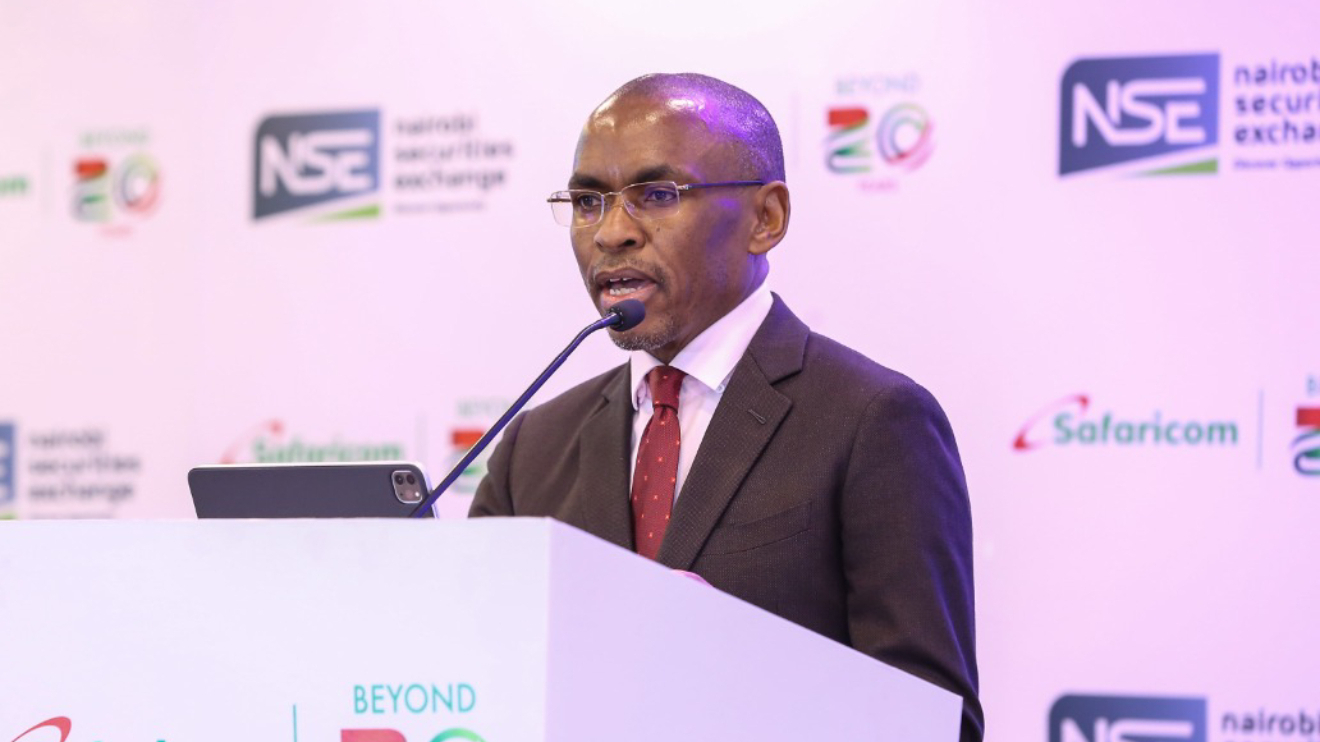A new report by Visa and Devex, a leading development and humanitarian news organization, sheds light on the changing landscape of international aid delivery.
Titled "Reimagining Aid in the Digital Age: Building Global Capabilities to Serve Local Needs," the report surveyed nearly 1,000 aid professionals worldwide.
The key takeaway? A resounding call for a more flexible approach.
Faced with growing geopolitical instability and climate change, aid workers overwhelmingly (94 per cent) believe offering multiple options for delivering assistance is crucial.
Prioritizing Recipient Choice and Cost-Effectiveness
Read More
The survey highlights a shift towards recipient-centric aid delivery.
Nearly two-thirds (68 per cent) of respondents prioritize meeting the specific preferences of beneficiaries when making decisions during crises.
Furthermore, cost-efficiency remains a top concern, with 78 per cent emphasizing the need for cost-effective solutions.
"The message from aid workers is loud and clear: they need multiple cost-effective options," said Rajiv Garodia, SVP and Global Head of Visa Government Solutions.
"Today, programs are often forced to make do with limited options, which may not be the most suitable. That leaves them vulnerable – for instance, relying heavily on cash vouchers exposes you to inflation spikes. Giving aid programs more choice, with multiple options for aid delivery, will help build resilience, meaning vulnerable people can get exactly what they need, at the right time."
Digital Payments Emerge as a Valuable Tool
The report explores the growing role of digital payments in aid delivery.
While no single solution fits all situations, nearly three-quarters (74 per cent) of respondents believe digital payments hold particular value for responders in climate and disaster emergencies.
The speed and security of digital transactions offer clear advantages in these volatile environments.
However, the survey also acknowledges challenges.
The Covid-19 pandemic underscored the importance of user-friendly regulations for accessing digital payments, as agreed upon by 70 per cent of respondents.
However, over half (55 per cent) identified a lack of digital and financial literacy as a major barrier to wider adoption.
"Aid workers navigate complex environments and require a comprehensive toolkit," says Raj Kumar, President and Editor-in-chief at Devex.
"Digital aid is a perfect case in point; it has many benefits and holds huge potential, but its rollout must be preceded by significant digital and financial upskilling, as well as improved access to formal identification. Ensuring inclusivity and offering choice is therefore essential."
Beyond Digital: Survey Highlights Other Key Considerations
The report delves into additional insights from the survey.
The top three factors identified as crucial for enabling digital payments in humanitarian contexts include:
Improved access to technology (phones/computers) (62 per cent), better digital infrastructure (56 per cent), and increased user trust in digital transactions (46 per cent).
The survey also revealed challenges faced by actors involved in digital humanitarian aid. Lack of coordination between financial service providers (62 per cent) and bureaucratic hurdles (57 per cent) were identified as significant obstacles.
While cash distributions remain the most common method (41 per cent) and the most inclusive direct aid option (54 per cent), they were also ranked the least secure (10 per cent) and least transparent (16 per cent).
This report by Visa and Devex emphasizes the need for a multi-faceted approach to aid delivery. As the global landscape evolves, offering a flexible toolbox with a variety of options, from digital payments to secure cash distributions, will be crucial in ensuring effective and efficient assistance reaches those who need it most.


-1757243598.jpg)





-1757244564.jpg)

-1757101509.jpg)